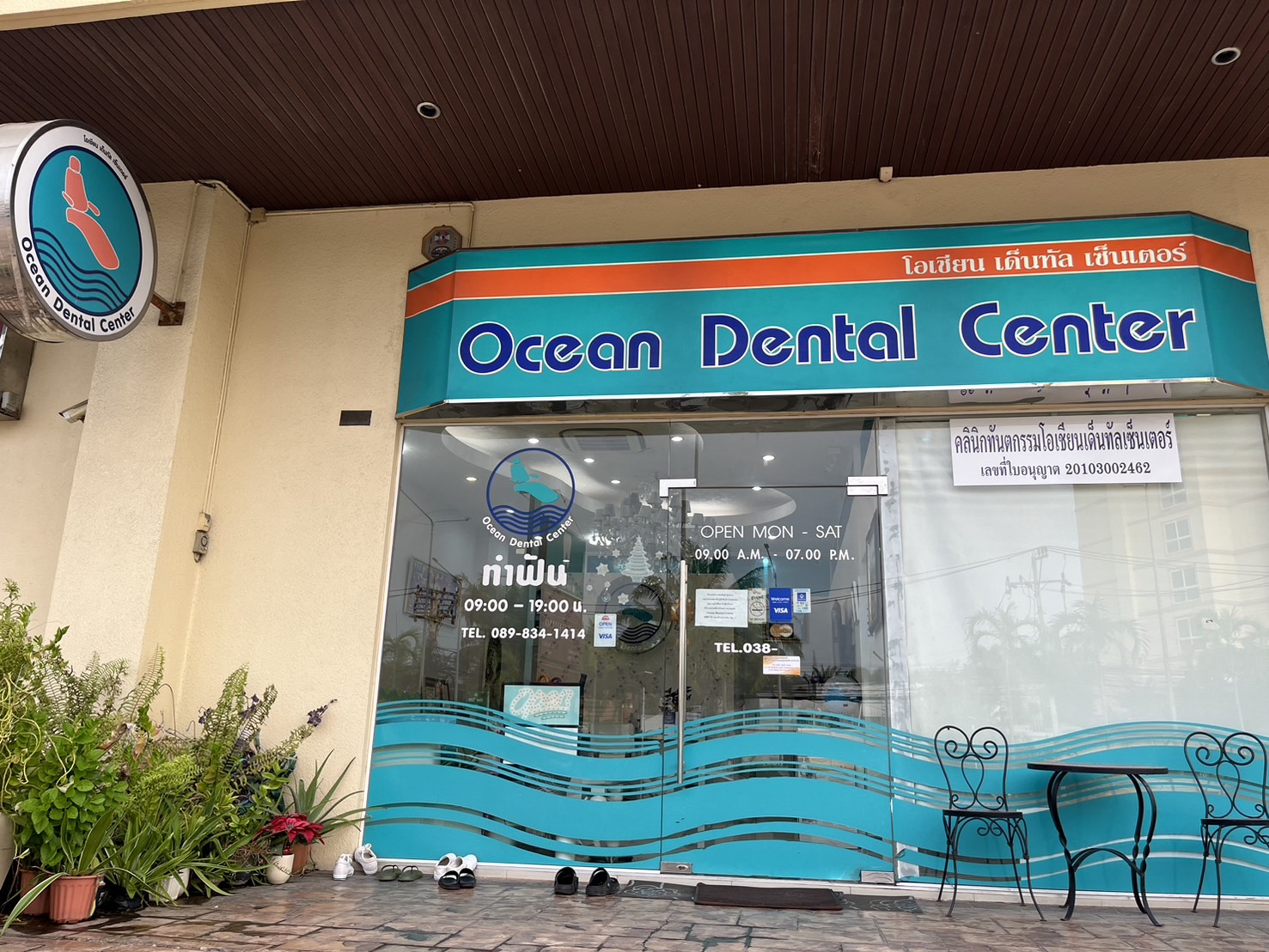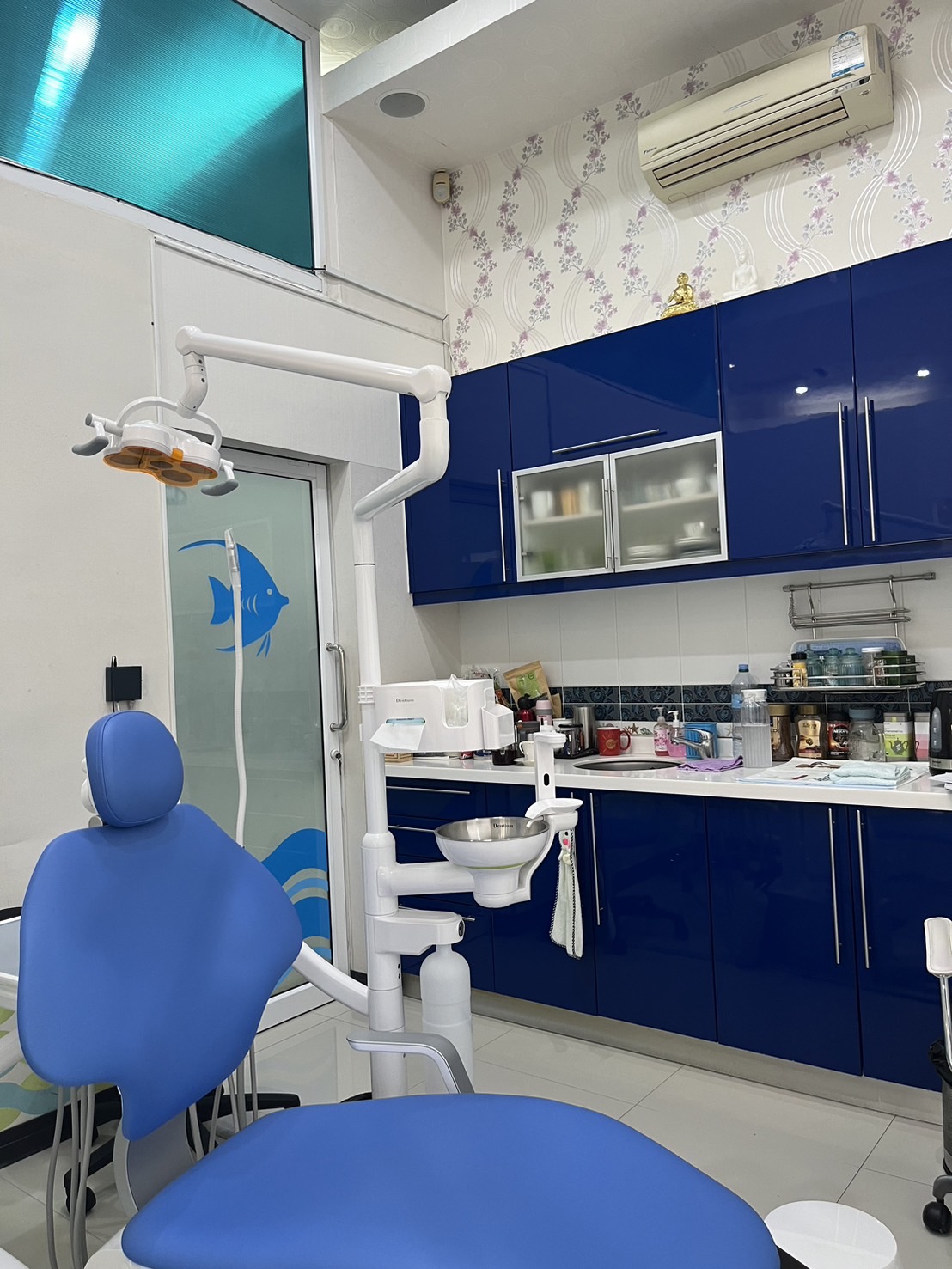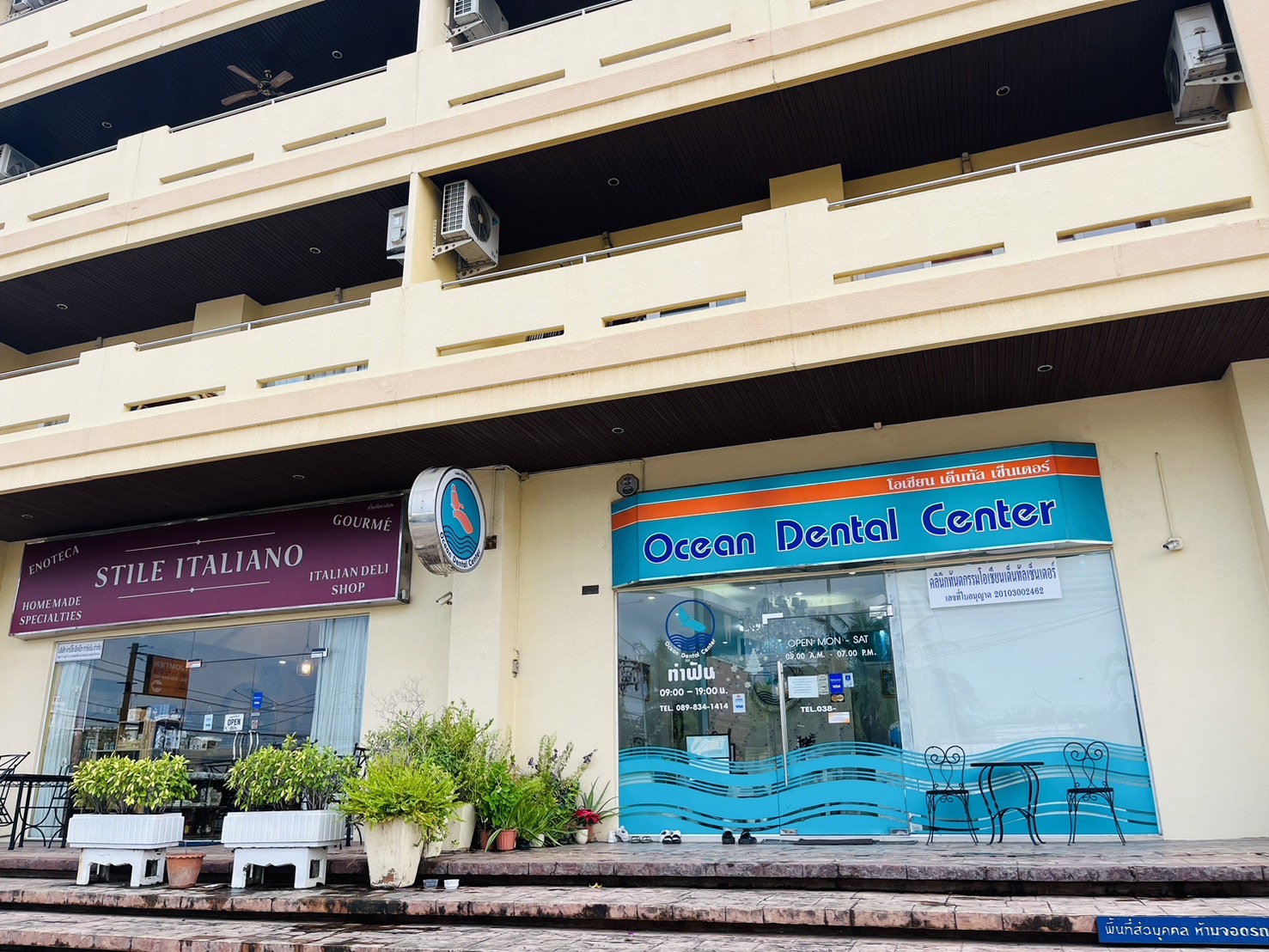

- 8 Hours















FAQ
Here are some frequently asked questions and answers.
What Causes Bad Breath?
According to dental studies, about 85% of people with persistent bad breath (also known as halitosis) have a dental condition that is to blame. These conditions could be one or more of the following: gum disease, cavities, poor oral hygiene, oral cancer, Dry mouth (xerostomia)
How to prevent Bad Breath?
Top 7 Ways to Prevent Bad Breath
1. Prevent Bad Breath by Visiting Your Dentist
Visit your dentist for regular check ups and cleanings. This is the best way to make sure that you are maintaining good oral hygiene.
2. Prevent Bad Breath by Brushing Twice a Day
Brush your teeth properly at least twice a day to remove plaque.
3. Prevent Bad Breath by Flossing Daily
Floss your teeth daily. Flossing will remove food debris from in between the teeth that a toothbrush can't reach.
4. Prevent Bad Breath by Using a Mouth Rinse
Use an antimicrobial mouth rinse such as Listerine or Crest Pro-Health. Keep in mind that if a dental problem is the cause of chronic bad breath, a mouth rinse will only mask the odor and not cure it.
5. Prevent Bad Breath by Brushing Your Tongue
Brush or scrape your tongue daily to help remove bacteria.
6. Prevent Bad Breath by Avoiding Tobacco
Do not smoke or use other tobacco products. Tobacco tends to dry out your mouth and can leave an unpleasant smell.
7. Prevent Bad Breath by Avoiding Dry Mouth
If you suffer from dry mouth, talk to your dentist about recommending an over the counter saliva substitute and be sure to drink plenty of water.
What is Tooth Sensitivity?
Tooth sensitivity is a common problem that affects millions of people. Basically, tooth sensitivity means experiencing pain or discomfort to your teeth from sweets, cold air, hot drinks, cold drinks or ice cream. Some people with sensitive teeth even experience discomfort from brushing and flossing. The good news is that sensitive teeth can be treated.
What is Tooth Decay?
Decay is the destruction of tooth structure. Decay occurs when plague, the sticky substance that forms on teeth, combines with the sugars and / or starches of the foods that we eat. This combination produces acids that attack tooth enamel. The best way to prevent tooth decay is by brushing twice a day and flossing daily.
If decav reaches the pulp of the tooth. a root canal may be necessary to save the tooth.
Eating healthy foods and avoiding snacks and drinks that are high in sugar are also ways to prevent decay.
What is endodontic treatment? (Root Canal Treatment)
“Endo” is the Greek word for “inside” and “odont” is Greek for “tooth”. Hence, endodontic treatment treats the inside of the tooth. To understand endodontic treatment, it helps to know something about the anatomy of the tooth. Inside the tooth, under the white enamel and a hard layer called the dentin, is a soft tissue called the pulp. The pulp contains blood vessels, nerves, and connective tissue and creates the surrounding hard tissues of the tooth during development. The pulp extends from the crown of the tooth to the tip of the roots where it connects to the tissues surrounding the root. The pulp is important during a tooth’s growth and development. However, once a tooth is fully mature it can survive without the pulp, because the tooth continues to be nourished by the tissues surrounding it.
What is a Retainer?
A retainer is an orthodontic appliance (usually removable) that is supposed to be worn after your orthodontist removes your braces. When braces are removed, the teeth have a tendency to want to return back to their original positions. Retainers prevent this from happening. Most upper retainers are made of wire and hard plastic and fit in the roof of your mouth. A lower retainer can be removable or permanently cemented to the lower teeth so that it doesn’t come out. During the first several months retainers are usually worn full time After that, your orthodontist will decide how often they should be worn. When your braces come off, it is very tempting not to wear your retainers. To keep your teeth from shifting and avoiding having to wear braces again, it is crucial to wear your retainers as often as your orthodontist tells you.
What is Dry Mouth?
Dry mouth, also known as xerostomia, is the reduced flow of saliva. Sufficient saliva is needed in the mouth to wash away food debris and reduce plaque by neutralizing the acids that plaque produces.
Gingivitis, gum disease and severe tooth decay often occur if dry mouth is left untreated. Other common problems linked to dry mouth are:
Difficulty speaking
Hoarseness
Persistent sore throat
Problems with speaking
Problems with swallowing
Burning sensation in the mouth
Dry nasal passages
If you suffer from dry mouth, be sure to discuss treatment methods, such as saliva substitutes, with your dentist. Sugar-free gum and candy also can increase saliva flow.
What is Fluoride?
Fluoride is a mineral that helps prevent tooth decay. It occurs naturally in all water sources. Studies show that fluoride reduces cavities in people of all ages and is effective and safe when used correctly. The correct use of fluoride has been said to have dramatically reduced tooth decay over the past few decades.
What is the Difference Between a Silver and White Filling?
The main difference between silver and white dental fillings is the material that they consist of. Silver (amalgam) fillings, are made up of 50% mercury and 50% of other various metals. White (composite) fillings are made up of acrylic and various glass particles. Other differences in silver and white fillings are cost, strength and the way they look.
What is a Veneer?
A veneer is a thin shell made out of porcelain or composite material. They are custom made and cemented to the front side of the tooth. A veneer can be used to treat dental conditions such as a slightly crooked tooth, discolored teeth, chipped teeth or they can even be used to cover spaces in between the teeth.
A veneer can be made by the dentist or in a dental laboratory, depending on the materials used and the preference of the dentist.
> Question: What is a Dental Implant?
Answer: A dental implant is a metal device designed to replace missing teeth. The device is usually made out of titanium and is surgically placed into the jawbone where the tooth is missing. Unlike a dental bridge, an implant is permanent.
A dental implant is designed to act as the tooth root and can anchor an artificial tooth or teeth such as a crown, bridge or denture.
What is Periodontitis?
Periodontitis is the serious and advanced stage of gum disease which includes bone loss. Periodontitis is irreversible. The gum tissue and bone that surround and support your teeth could become seriously damaged and the teeth affected could become loose and fall out. Periodontitis occurs when the early stage of periodontal disease, gingivitis, is left untreated.
Periodontitis has also been linked to serious health problems such as an increased risk of stroke and heart attacks. Periodontitis could also cause higher blood sugar levels.
Some researchers have even suggested that gum disease can cause premature birth and low birth weight.
Poor oral hygiene is the most common cause of periodontitis. Brushing twice a day, flossing daily and regular check ups with your dentist are the best ways to prevent periodontitis.
